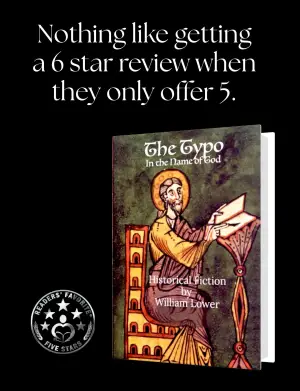Confronting Injustice without Compromising Truth: A Reflection on Social Justice and Faith
When I first came across Thaddeus Williams’ Confronting Injustice without Compromising Truth: 12 Questions Christians Should Ask About Social Justice, I felt an unmistakable tug at my heart. In an era rife with division and fervor over social justice issues, how could Christians remain rooted in biblical truth while engaging with critical societal debates? Williams, a profound voice in this complex discourse, promised not only clarity but a carefully constructed dialogue that weaves faith and social responsibility together.
From the first pages, the book invites us into a compelling conversation. Williams doesn’t shy away from addressing the vehement debates over social justice that many Christians grapple with today. He offers a framework structured around twelve poignant questions—each designed to navigate the potentially treacherous waters of activism, ideology, and faith. His clear distinction between "Social Justice A" (rooted in biblical compassion) and "Social Justice B" (driven by contemporary ideological motives) sets the stage for what feels like a necessary and unapologetic conversation.
I found Williams’ writing to be both accessible and robust, which makes the book a refreshing blend of academic rigor and conversational warmth. His skillful use of testimonies from diverse voices throughout the chapters truly captures the lived experiences behind the theories. For instance, one contributor shares their journey from a life steeped in racism to understanding the transformative power of the Gospel. These stories resonate with me personally, evoking a deep sense of hope and reminding me of the power of redemption.
Quotes like, “God commands that we do justice” serve as a clarion call throughout the text. Williams underscores that seeking justice is not just a social requirement but a divine imperative. This notion challenged me intellectually and spiritually, prompting me to reflect on my own interpretations of justice within a biblical framework.
What stood out significantly is how Williams manages to tackle complex subjects—such as critical theory, identity politics, and sexuality—with empathy while maintaining biblical integrity. His appendices are goldmines of further insights, offering additional context on pertinent issues without feeling overwhelming.
Post-reading, I felt invigorated yet contemplative. I realized that the path to biblical justice doesn’t have to compromise the truth of Scripture, nor should it shy away from engaging with pressing moral issues of our time. This book is an essential read not only for Christians wrestling with social justice but also for anyone yearning for a faith that actively seeks the welfare of others.
In conclusion, Confronting Injustice without Compromising Truth is a book for believers navigating the complex social landscape of today. It offers not only guidance but a hopeful perspective rooted in truth. If you’re a pastor, a lay leader, or simply someone passionate about justice, Williams’ work will equip you to engage meaningfully in the conversation, moored in faith and committed to love. This book has undoubtedly enriched my understanding, and I believe it will do the same for many others as they seek to reconcile their faith with contemporary social issues.
[ad_2]






